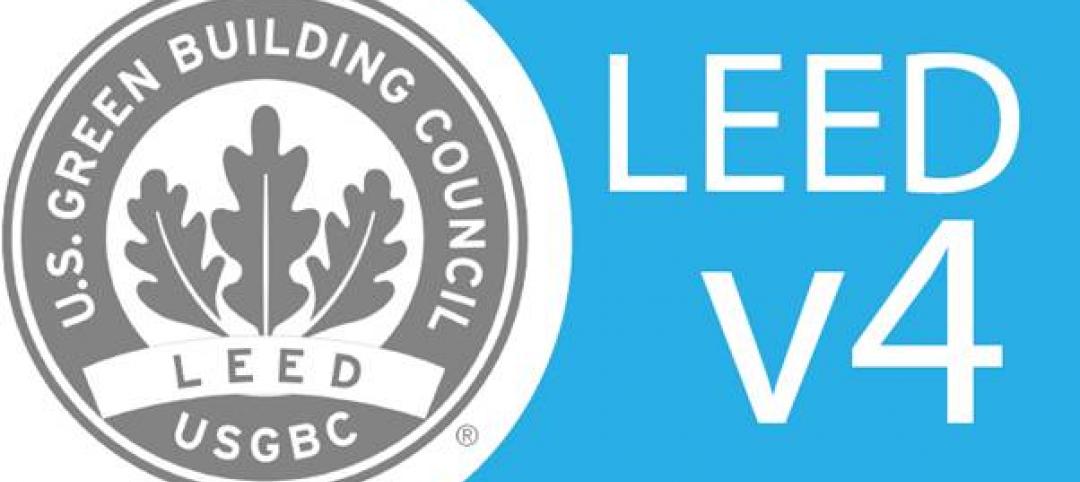While organizations such as the International Code Council set energy efficiency standards, in the U.S., state and local governments have the responsibility of adopting their own building codes.
This decentralized approach to code adoption means much of the work of reducing the carbon impact of buildings is occurring in statehouses and city halls. As a result, a growing group of clean energy and efficiency advocates are focusing on instituting local code amendments that improve on the model code.
In Minnesota, for instance, a coalition of cities and environmentalists are advocating for policy that would shift commercial buildings to net-zero by 2036. The New Buildings Institute (NBI) has submitted code proposals in that state to make new buildings electric-ready. NBI is also working on proposals for Wisconsin and Michigan.
New York, Seattle, and Massachusetts have strengthened building codes beyond the national standard, while lawmakers in nearly 20 states, including Wyoming, Iowa, and Colorado, have considered legislation that would prohibit bans on gas in new buildings. These developments indicate that the fight over energy efficiency code provisions is likely to heat up.
Related Stories
| Nov 14, 2014
Former U.S. Treasury Secretary Paulson works to upgrade China’s building codes
Former U.S. Treasury Secretary Hank Paulson is today focused on making new construction in China more energy efficient by working with leaders to upgrade building codes.
| Nov 14, 2014
California aims for 20% reduction in water consumption by 2020
California’s comprehensive new water use plan makes conservation a priority, reinforcing a 2009 plan to reduce statewide per capita water consumption by 20% by 2020.
| Nov 6, 2014
Demountable structural steel could up the ante on sustainability
Demountable structural steel assemblies would be a greener way to make use of steel in the construction industry than recycling.
K-12 Schools | Nov 6, 2014
New Sandy Hook school features could influence security standards
The design of the new Sandy Hook Elementary School on the site of the 2012 Newtown, Conn., school shooting features enhanced security measures—some subtle and others more prominent.
| Nov 6, 2014
OSHA seeking input on electrical standards
The Occupational Safety and Health Administration (OSHA) is reviewing electrical standards for the construction industry to make sure proper safeguards are in place as electrical wiring is being installed and maintained.
Smart Buildings | Oct 30, 2014
Energy Department pledges $9 million for energy efficiency improvements on commercial buildings
The U.S. Dept. of Energy will spend $9 million to encourage investments in energy-saving technologies that can be tested and deployed in offices, shops, restaurants, hospitals, hotels and other types of commercial buildings.
| Oct 30, 2014
Steel Framing Industry Association’s certification program aims to ensure connector quality
The Steel Framing Industry Association has launched a certification program to ensure that cold-formed steel connectors meet quality guidelines, building codes, and ASTM standards.
| Oct 30, 2014
American Concrete Institute releases reorganized structural concrete code requirements
The reorganized document is organized from an engineer’s perspective. The requirements flow more intuitively and have fewer cross-references for improved logic and flow of information.
| Oct 30, 2014
USGBC pushes back LEED v4 deadline
Extending the deadline gives LEED users additional time to prepare for LEED v4, the latest version of LEED, which features increased rigor and multiple updates.
| Oct 24, 2014
Solar panels could be required on most new construction in San Francisco
A San Francisco city councilor will propose a new regulation that could soon mandate solar panels on most new construction in the city and on many existing apartment buildings.











